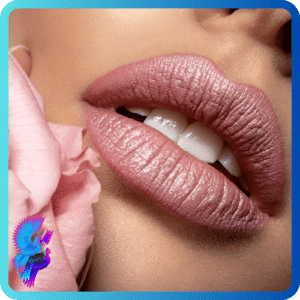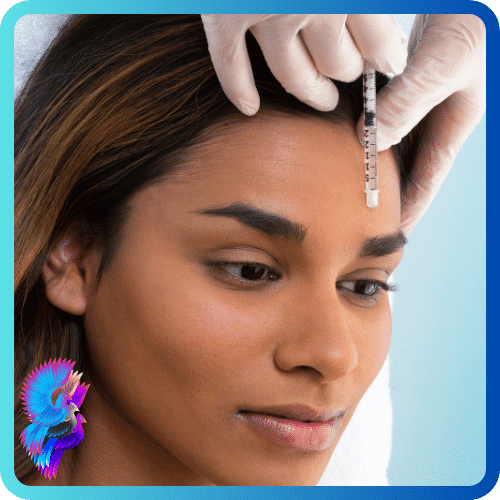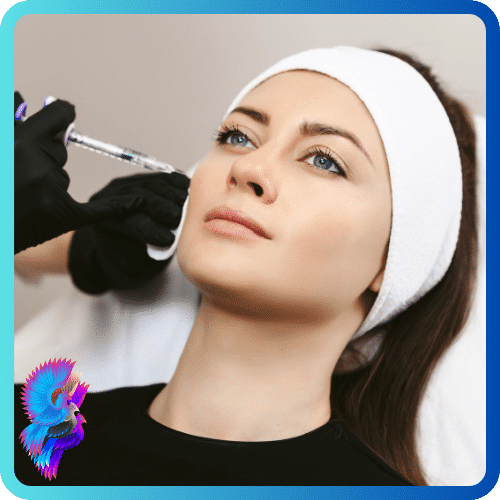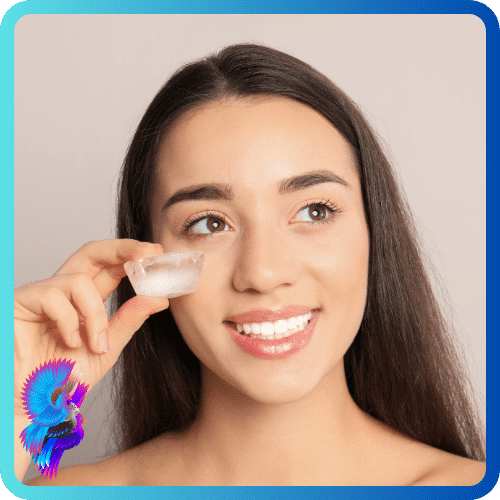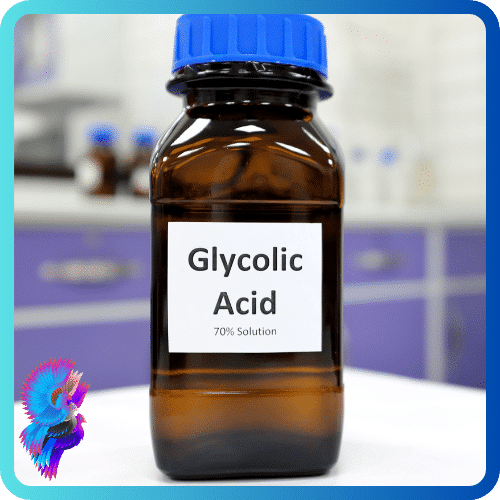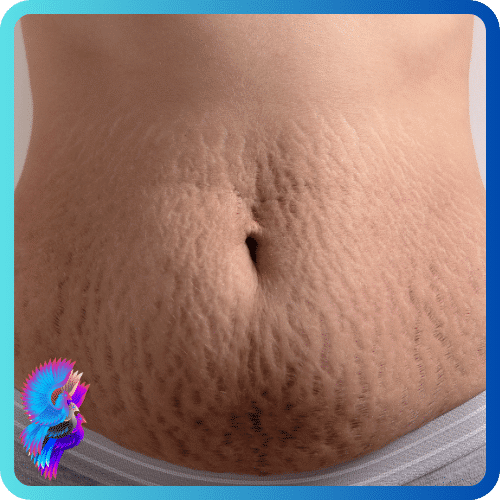Advertisements
A Complete Guide
Lips are one of the most sensitive and expressive parts of our face.
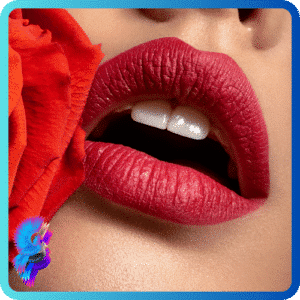
They help us eat, communicate, smile, and KISS.
But they also need special care and attention to keep them healthy and beautiful.
In this article, we will explore some of the common causes of dry lips, how to prevent and treat them, and how to choose the best lip balm for your needs.
What Causes Dry Lips?
Several reasons can cause dry lips, Some common causes include:
Dehydration:
Lips are more likely to lose moisture because they have no sebaceous glands like the rest of the skin this means they rely on external hydration to stay soft and supple.
If you don’t drink enough water, your lips can become dry and cracked.
Exposure to dry air, wind, or sun damage
Wind can cause chafing and irritation.
Sun damage can lead to sunburns, blisters, and peeling.
Frequent lip licking:
You might think that licking your lips can help them stay moist, but it does the opposite.
Saliva contains enzymes that can break down the protective layer of your lips, making them more vulnerable to dryness and infection.
Nutrient and vitamin deficiency:
Certain deficiencies, particularly of zinc and B vitamins, can lead to lip peeling or redness.
These nutrients are essential for skin health and repair.
A balanced diet can help you avoid these problems.
Reaction to toothpaste or lip products:
Irritation from products like toothpaste can lead to contact dermatitis, a type of allergic reaction that causes inflammation and itching.
Some lip products, such as matte lipsticks or long-wearing formulas, can also dry out your lips over time.
How to Prevent and Treat Dry Lips?
There are several ways to take care of your lips:
Exfoliate once a week to remove dead and dry skin, leaving your lips smooth and ready for moisturization.
You can use a gentle scrub or a soft toothbrush to gently rub your lips in circular motions.
Rinse with warm water and pat dry.
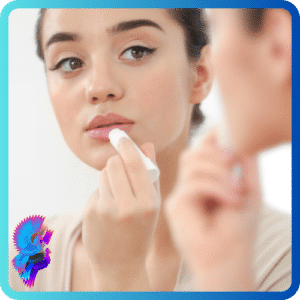
Protect your lips with lip balm and reapply every 2 hours for all-day protection.
Look for products that contain ingredients that lock in moisture, such as petrolatum, shea butter, lanolin, or beeswax.
Avoid products that contain alcohol, menthol, camphor, or fragrance, as they can irritate or dry out your lips further.
Try not to lick your lips, as it can lead to more dryness and inflammation.
Instead, drink plenty of water to stay hydrated from within.
You can also use a humidifier at home or at work to add moisture to the air.
Eat a balanced diet that includes foods rich in zinc and B vitamins, such as meat, eggs, dairy products, nuts, seeds, and leafy greens. These nutrients can help your lips heal faster and prevent infections.
If you react to toothpaste or lip products, stop using them immediately and consult a doctor if the symptoms persist or worsen. You may need to switch to a hypoallergenic or natural alternative.
How do you choose the Best Lip Balm for Your Needs?
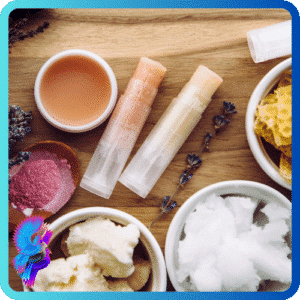
The best type of lip balm depends on personal preferences and needs.
Here are some tips on how to choose a good lip balm:
Look for products containing occlusive ingredients, which create a barrier on the skin to prevent moisture loss.
Petrolatum (also known as petroleum jelly), silicone (such as dimethicone), squalene (a natural oil derived from plants or animals), lanolin (a wax from sheep’s wool), shea butter (fat from the nuts of the shea tree), and waxes (such as beeswax or carnauba wax) all fit the bill.
If you are acne-prone, steer clear of any products that contain pore-clogging ingredients (such as coconut oil or cocoa butter) or comedogenic ratings higher than 2 (such as lanolin).
Also avoid fragranced or flavored lip balms, which may cause skin irritation or allergies in some people.
Some lip balms offer SPF protection (usually between 15 and 30), color (from a sheer tint to full coverage), shimmer (for a glossy effect), or healing properties (such as aloe vera or vitamin E).
Advertisements

